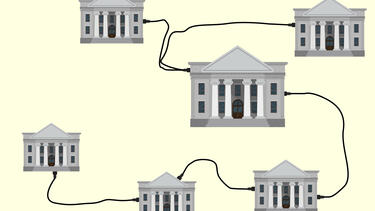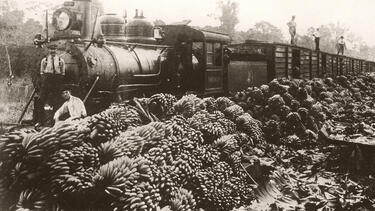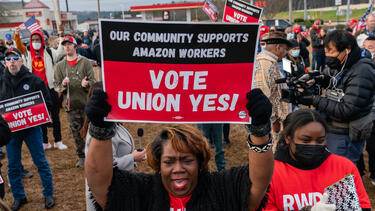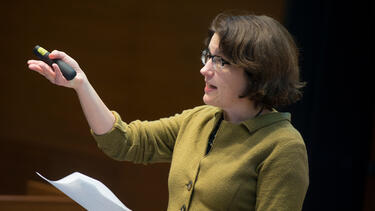Economics
When State Neglect Turns Weather into Revolution
In a new study, Professor Mushfiq Mobarak and co-author Sultan Mehmood analyze newly uncovered satellite imagery of the 1970 Bhola cyclone, and show that the storm affected voting patterns and induced more citizens to take up arms in a guerrilla war that led to the founding of Bangladesh.

Why Making Banking Data Portable Isn’t Always Good for Borrowers
In theory, rules requiring banks to share consumer data with third parties increase competition and help consumers. In practice, it’s not so simple, according to a new study co-authored by Yale SOM’s Jidong Zhou.

The Rise of the Mutual Fund Is Reducing Corporate Competition and Hurting Consumers
Mutual funds have become large shareholders in most public U.S. firms. The resulting overlaps in ownership are boosting corporate profits but harming consumers, according to a new study co-authored by Florian Ederer of Yale SOM.

Real-Time Placement Odds Can Smooth the School Choice Process
Some families going through the school placement process overestimate their chances of getting into their top choices, and fail to match at any school as a result. Warnings about the placement odds at top schools can dramatically reduce non-placements.

Multinationals Can Have a Positive Local Impact—If They Face Enough Competition for Labor
The United Fruit Company had a reputation for manipulating governments and exploiting workers in Latin America. But Yale SOM’s Diana Van Patten found that in some areas, competition for workers led it to invest in local infrastructure, with long-lasting positive impacts.

Competition from China Contributed to Decline in Union Organizing
New research co-authored by Yale SOM Dean Kerwin K. Charles shows that the rise in imports from China at the beginning of this century accelerated a long decline in union elections, by diminishing the benefits of unionization and increasing the risk.

A Better Way to Divide the Pie
In his new book, Prof. Barry Nalebuff proposes a fairer, more principled way to negotiate: splitting the additional value created by reaching an agreement. In this excerpt, he explains the concept through a visit to one of New Haven’s iconic pizza spots.

The Unexpected Impacts of Innovation
Prof. Judith Chevalier’s research has unraveled implicit incentives driving risk taking by mutual fund managers, the ways online reviews shift business strategy and consumer decisions, and the consequences of nursing home workers’ movement between facilities in spreading COVID-19.

The Digital Tool That Helps Robert Shiller Understand the Past
We asked the Nobel Prize-winning Yale economist to reflect on an unexpected source of research information and inspiration. He writes that Google Ngram Viewer can provide important insights about how people saw economic events as they unfolded.

Medicare Helps Close Racial Gaps in Access to Healthcare
In a new study, Yale SOM’s Paul Goldsmith-Pinkham and his co-authors use the transition to Medicare eligibility to test whether universal health coverage can help reduce racial disparities in health.

Controlling the Virus Is the Key to Reducing Inflation
Yale SOM’s William English, a former economist at the Federal Reserve, explains the role of COVID-19 in the spike in prices, considers how policymakers can respond, and confronts the sheer uncertainty of the times.
